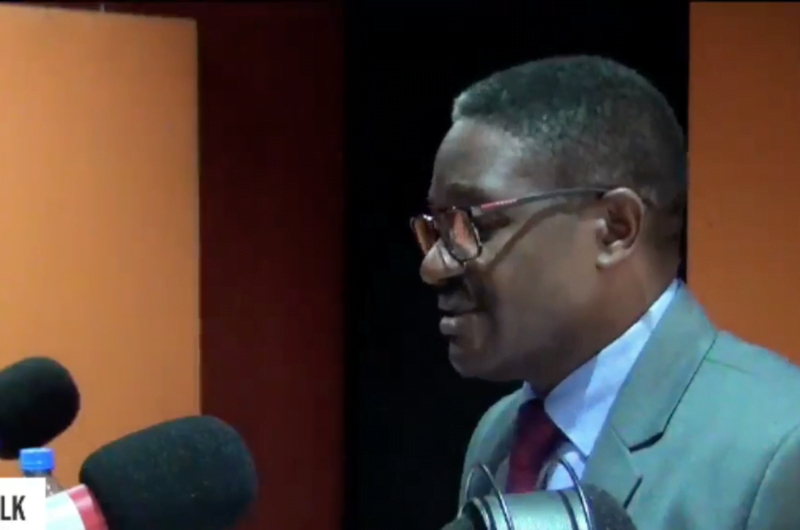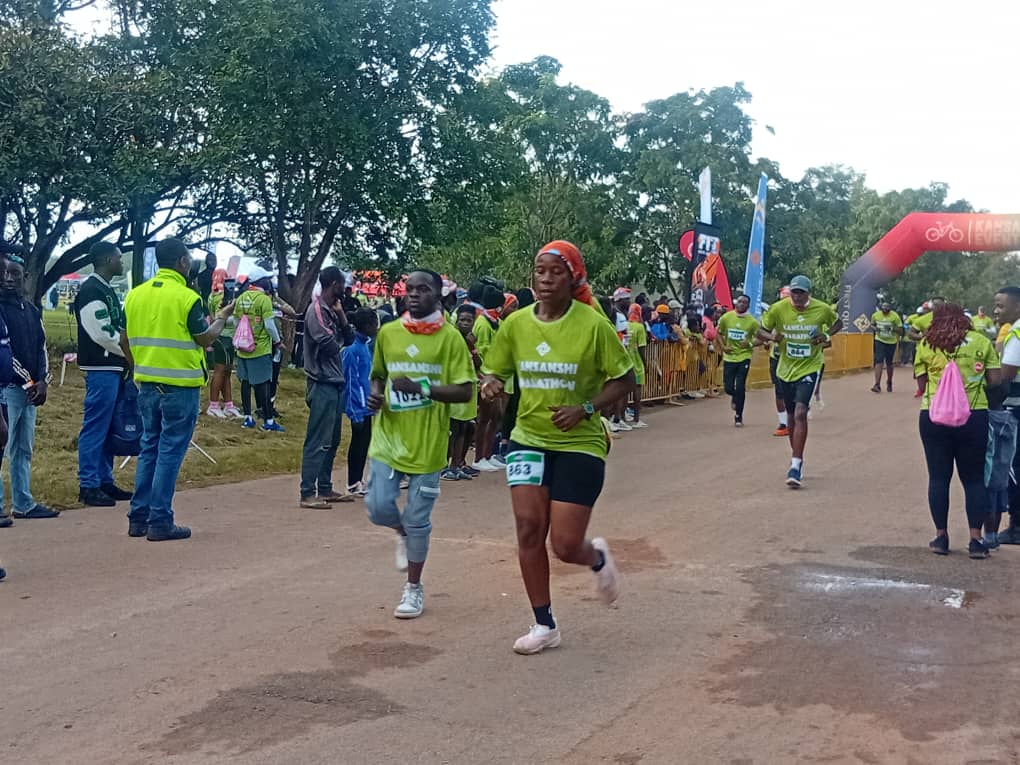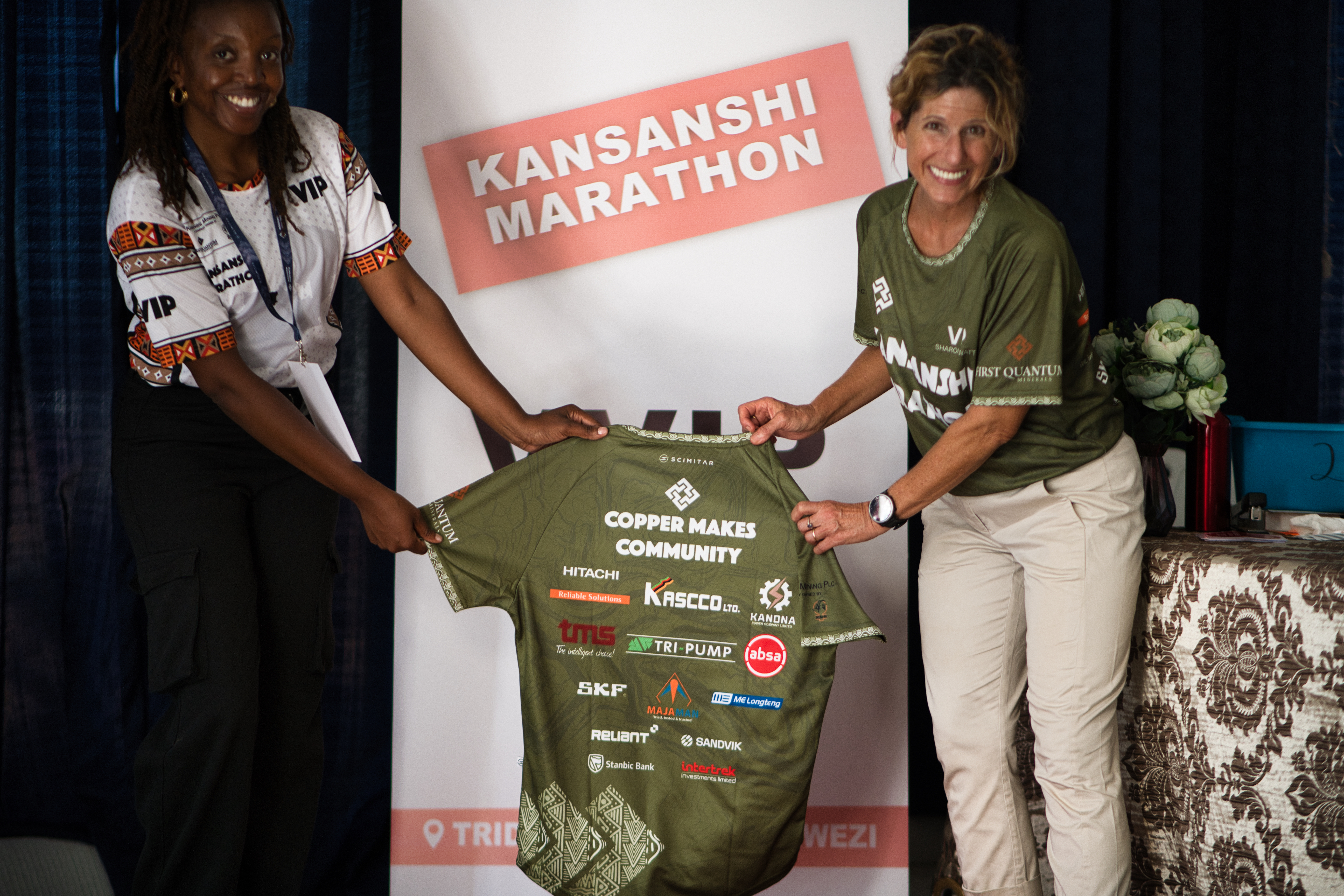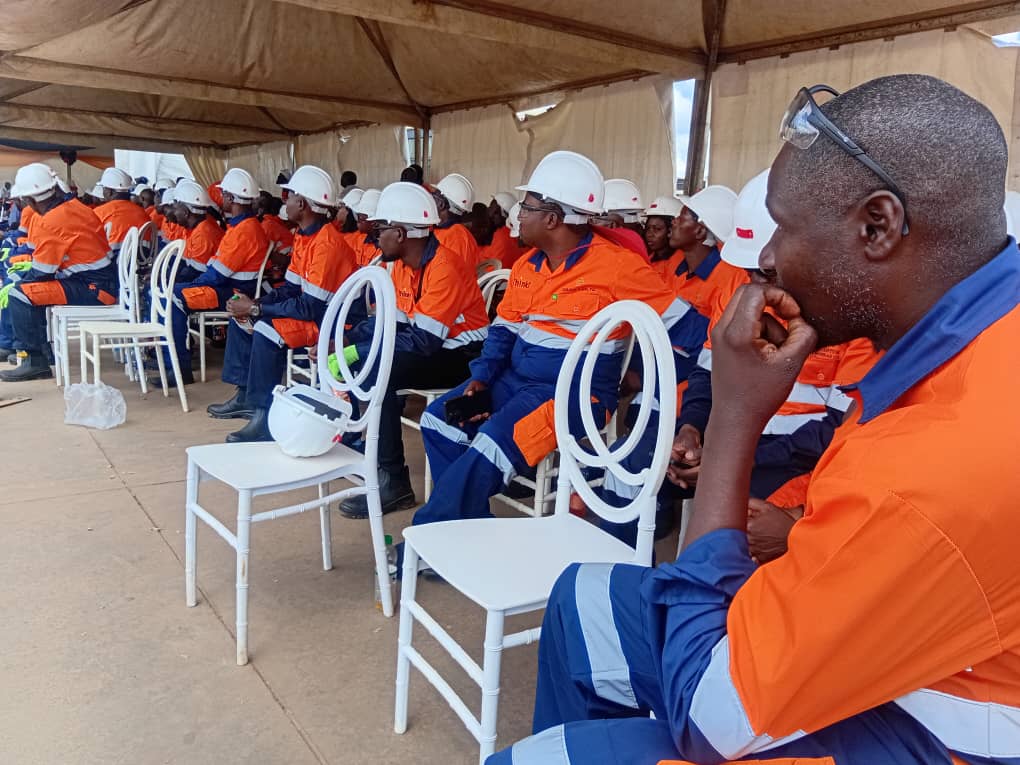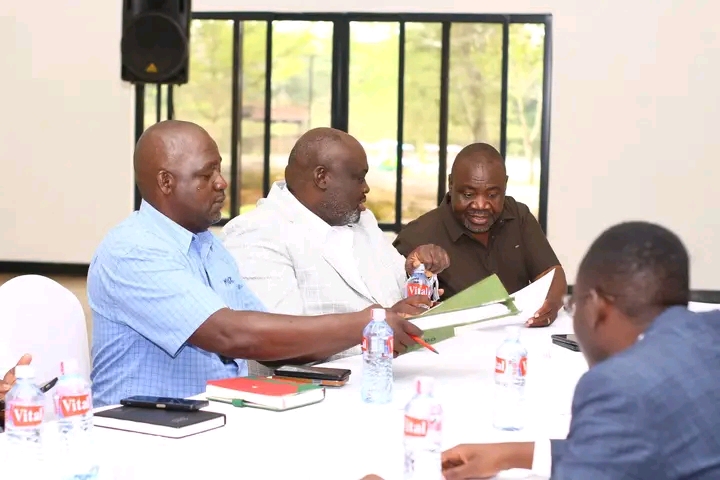THE Citizens Economic Empowerment (CEEC) is targeting to empower about 4,000 farmers in the cassava commercialisation project.
Government with financing from the African Development Bank (AfDB) is implementing the Skills Development and Entrepreneurship Project Supporting Women and the Youth in Zambia (SDEP- SWY) through CEEC.
CEEC has built partnerships with private sector, women and youth entrepreneurs interested in growing cassava for commercial purposes.
Director general Muwe Mungule said the commission was expected to recruit 3.900 from Kasama, Mansa. Solwezi Kalumbila and Mushindamo districts.
Dr Mungule said the smallholder cassava farmers would be subjected to pre-finance training covering cassava agronomic techniques such as pest and disease control, quality control and assurance, credit and business management.
He said the training would ensure sustainability of cassava commercialisation.
“The successful cassava farmers will be supported with disease free and certified planting materials for the 2022/23 season by the Zambia Agriculture Research Institute (ZARI) through extension officers. It should be noted that all planting materials will be inspected and certified by the Seed Control and Certification Institute (SCCI),” he said.
Dr Mungule said this in a notice for call for application published by the commission. The commission was calling for applications from suitably qualified and interested farmers, women and the youth wishing to produce cassava for commercial purposes.
He stated that applicants should be Zambian citizens and holders of National Registration Card, must reside in the targeted camp and district, and should be a member of a cooperative enterprise.
Dr Mungule added that interested applicants should have a passion for cassava production and a minimum of one hectare of agriculture with access to farming inputs.
He said in line with the Government’s policy for inclusive economic opportunity for all, the Commission encourages the participation of women, the youth and persons with disabilities.




